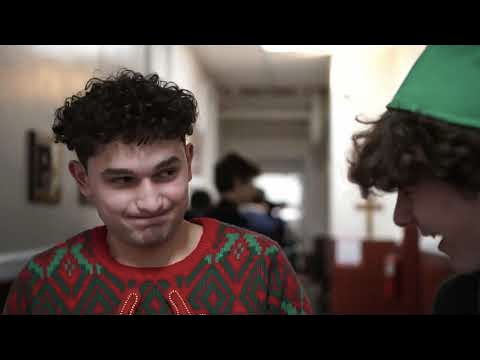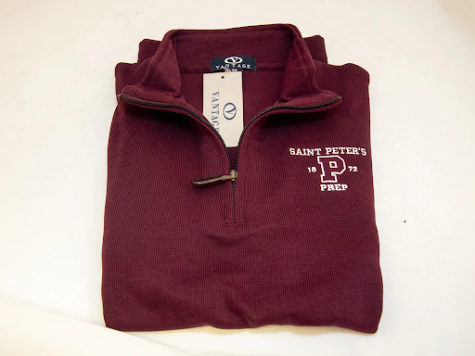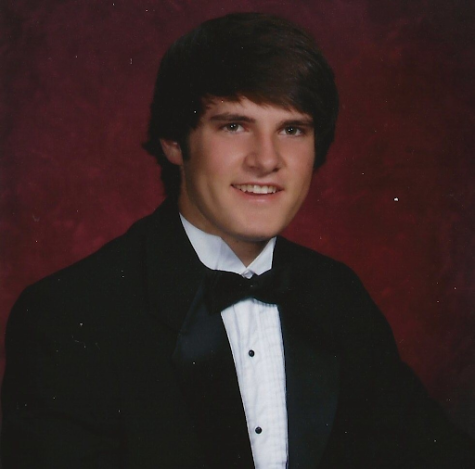Interview with Dr. Williams
October 11, 2017
Every year, Prep welcomes new faces in September. Whether it be a student or faculty member, we gather all of them as a part of our Jesuit family. While the freshmen are still trying to familiarize themselves at Grand and Warren, faculty members are also adjusting to Prep’s close community. Although there are teachers who are Prep alumni, there are other teachers who are new to Jesuit education. This new teacher has a background of this traditional learning. Originally from Georgia, Dr. Natalie Williams is the new religion faculty member who teaches the New Testament and Christian Ethics courses. Graduating from Vanderbilt University and receiving her doctorate from Drew University, she is seasoned to educate the sophomores and juniors.
“I’ve been teaching at some colleges in the area, doing adjunct work. I was interested in doing work that allowed me to have longer relationships with students. I really feel vocationally that I was called to be a teacher,” Dr. Williams stated. “I’ve done some research on Catholicism, some of my research was on the Roman Catholic Church, and I grew up Catholic. I had some experience with Jesuit education before, and I thought this could be a really good place for me.”
More than halfway through the first marking period, Dr. Williams is already enjoying her new students and the school.
“There’s a very strong character to this place. It’s not like this at every school that I have been in. People seem to identify very much with the community and the legacy of Prep. It’s interesting to see, be a part of, and get to know. I like getting to know the students. I like how students come from all over the place and bring all of these differences, so that’s exciting to see,” Dr. Williams described.
While Dr. Williams gets to know her students in the classroom, she also gets to know them outside the classroom. Taking the NJ Transit and Light Rail everyday, she talks with her students on the trains, getting to know them not just as her students, but as young men as well.
Through the four years at Prep, the most interesting class that I ever took was Christian Ethics, taught by the famous Doc Scibilia. His insight on today’s social issues gave me a different perspective of our country. For this school year, Dr. Williams is very excited to teach Christian Ethics.
“It’s interesting, it’s different. For many students, this is their first time reflecting on why they believe what they do, or where their morality comes from. It’s really exciting to have conversations about things that matter to students. Developing care and the ability to think critically about your own choices, social settings, and structures you find yourselves in…that is the most important skill to becoming a human being: reflecting on what it means to be a human being. At this level, we get to spend a lot of times in the basics. I get to focus on one particular subject for 4-5 days, while in a college class, I get to talk about it for one day. I really get to draw it out, dive in, and make sure people understand what is going on,” Williams explained. “I can’t wait for people to choose their topic for their Capstone Project.”
With the Capstone Project in the fourth marking period, this is what she’s most excited about, when students get to express what they truly care about. But what if Dr. Williams was a student doing the Capstone Project? What would her topic be?
“I think any topic can lend itself to moral inquiry. For any topic you would achieve the skills. But for me personally: race and gender. It’s not just about individual experiences, privileges, or oppression, but about how these systems persist, and how they shape our moral imagination. I can only think within the systems that I have been given, so what can we do to disrupt systems that are negative and hurt people?” Williams answered.
Eager to see what lies ahead, Dr. Williams will have to wait for what students bring to the table for their Capstone Project. But for now, she will guide her students in a direction where she hopes they gain insight of today’s social issues and how they affect people’s lives.












